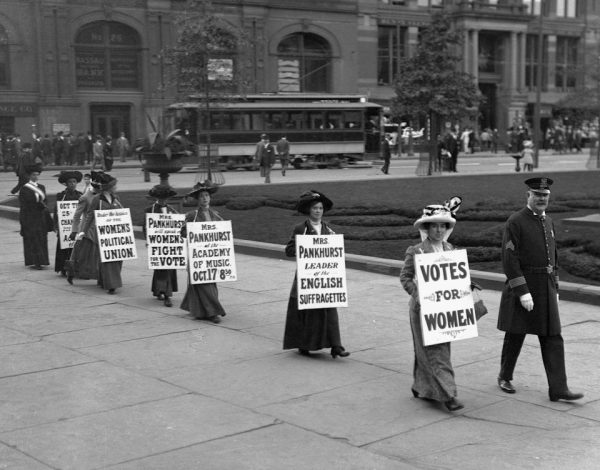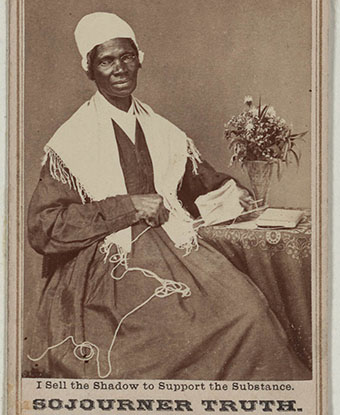The 5 Love Languages

The Five Love Languages, based on a book by Dr. Gary Chapman, is an idea that is important to acknowledge in order to understand how you can express your affection in your relationships. In case you’re unaware of the love languages, there is gift giving, quality time, physical touch, words of affirmation, and acts of service. Most people have combination of two or more of them since we all communicate our love differently. But, what is the meaning behind each of the love languages and what does that mean for both sides of the relationship?
Gift Giving
At birthday parties, people give gifts to the person’s who is celebrating their birthday. Whenever I find out that my friend’s birthday is coming up, I feel obligated to give something to them. But I’ve never stopped to wonder why I do it, other than my parents and other people give me gifts when it’s my birthday or someone else gifts when it’s their birthday.

According to the University of Arizona, “Experts suggest that the entire act of giving gifts — from the thought, the careful choosing of a tangible item to represent the relationship, and finally to the actual giving itself, elicits the feeling of affection toward another person.” Giving something tangible to someone you have affections for indicates that you’ve been thinking about them and took the time to get something for them to make them happy. According to Dr. Jeral Kirwan, former Program Chair of the Master of Arts in Psychology in the College of Health, Human Services, and Science at the University of Arizona Global Campus, “There are psychological advantages to both giving and receiving. Giving a gift increases feelings of satisfaction and helps to reinforce relationships by positively acknowledging each other.” Giving gifts to loved ones benefits both sides emotionally. Whenever I’m looking for a present for my mom or dad, I want to gift them something that that means a lot to them, something that they will really like. I want them to show that I was thinking about their interests and what they would like, and let them know that I care about them enough to get them something.
Quality Time
When I took the quiz, one of my love languages was actually Quality Time. I wasn’t surprised since I just want to spend time in the presence of someone I care about. I feel less lonely when I’m around my best friend or family member. It makes me feel special when I talk to them or just vibe with them while they are doing something else.
Quality time is the language where no matter what you and someone you care about are doing, you just want to spend time with them in their presence. This is why many people ask to go on dates with their partner or have brunch with their friend. The idea of spending time with the one you care about is so sweet and intimate.

Chapman explains, “Quality time is giving someone your undivided attention. I don’t mean sitting on the couch watching television. I mean sitting on the couch with the TV off, looking at each other and talking.” The psychology behind this language is quality over quantity. These types of people would want to spend time with their loved ones, no matter how much time they get. The idea of spending time indicates that someone enjoys another person’s presence and it makes them feel comforted. Recently, I’ve noticed that I tend to be very happy when I get to call my friend. Even though we may not talk much during the call, it still makes me feel very comforted by them when I know they’re with me.
Physical Touch
The other language I got was physical touch. I was always better at showing emotions through actions rather than words, as communication is something that I tend to struggle with since I keep my emotions bottled up sometimes. When I was younger, I hugged all of my friends every time I saw them. Though, I don’t do that anymore, a hug from my parents means the world to me. Touching your loved ones-with their consent, of course-means a lot for these types of people. Hand-holding is an example. We hold hands with people we feel close to us because of the security we feel knowing that they are with us and we can be as close with them as they’d like.

It’s their way of showing that they care and appreciate the individual. Touch is the first thing that infants do in their early stages of babyhood. According to Katherine Harmon of Scientific American (2010), “Many children who have not had ample physical and emotional attention are at higher risk for behavioral, emotional, and social problems as they grow up.” Touch is so important because it can be such an intimate detail. Someone hugging you or giving you a kiss means that they don’t mind you at all and want to be as close to you as possible.
Words of Affirmation
Complimenting can be so sweet if the compliment is genuine. Though I’m more action than communication, when someone compliments me or what I do, I feel very appreciated and recognized.

It expresses your thoughts in a nice manner and allows you to be a little bit vulnerable, opening your heart to someone a little bit, which is intimate to the receiver, which is why we feel happy when people compliment us. Many people rely on communication in their relationships, and this language involves one’s thoughts to be expressed verbally or on paper/text. Dr. Michelle Rosser-Majors, Associate Professor and Program Chair for the Bachelor of Arts in Psychology in the College of Health, Human Services, and Science at the University of Arizona Global Campus, explains that positive affirmations ensure more than simply a good feeling for those who receive them. “As human beings, we aspire to feel competent, valued, and appreciated. Positive words have this type of power, creating the solid foundations needed to build strong, productive relationships that resonate clear lines of communications.” Words with a positive connotation also helps ease our mind and soothe our heart.
Acts of Service
Doing helpful things for others makes both sides feel nice. It makes you feel special by helping someone out and the other person important that someone took the time to help them. It makes you feel warm and fuzzy when you help a person in need, no matter what your relationship is to them. I enjoy volunteering because it makes me feel like I’m doing something important for someone else in need.

Dr. Rosser-Majors expands on the idea, noting that serving another is a type of relational leadership. She says, “True leaders serve others before serving themselves. This level of unselfish service inspires people, as well as the communities and families they impact, to be greater, to go beyond, to aspire.”
In this busy and bustling world, taking time to find ways to show people your gratitude and care for them can really impact them in the long-run. An acknowledgement at someone’s presence can lighten up their mood and a comforting gesture, like hand-holding, while a loved one talks about their day can do a lot for an individual. It makes them feel loved and wanted, which is what we all want to feel. We all want love and that starts with showing some with the people closest to you.
Sources:
https://www.uagc.edu/blog/the-psychology-behind-the-5-love-languages
https://www.psychreg.org/love-languages/













